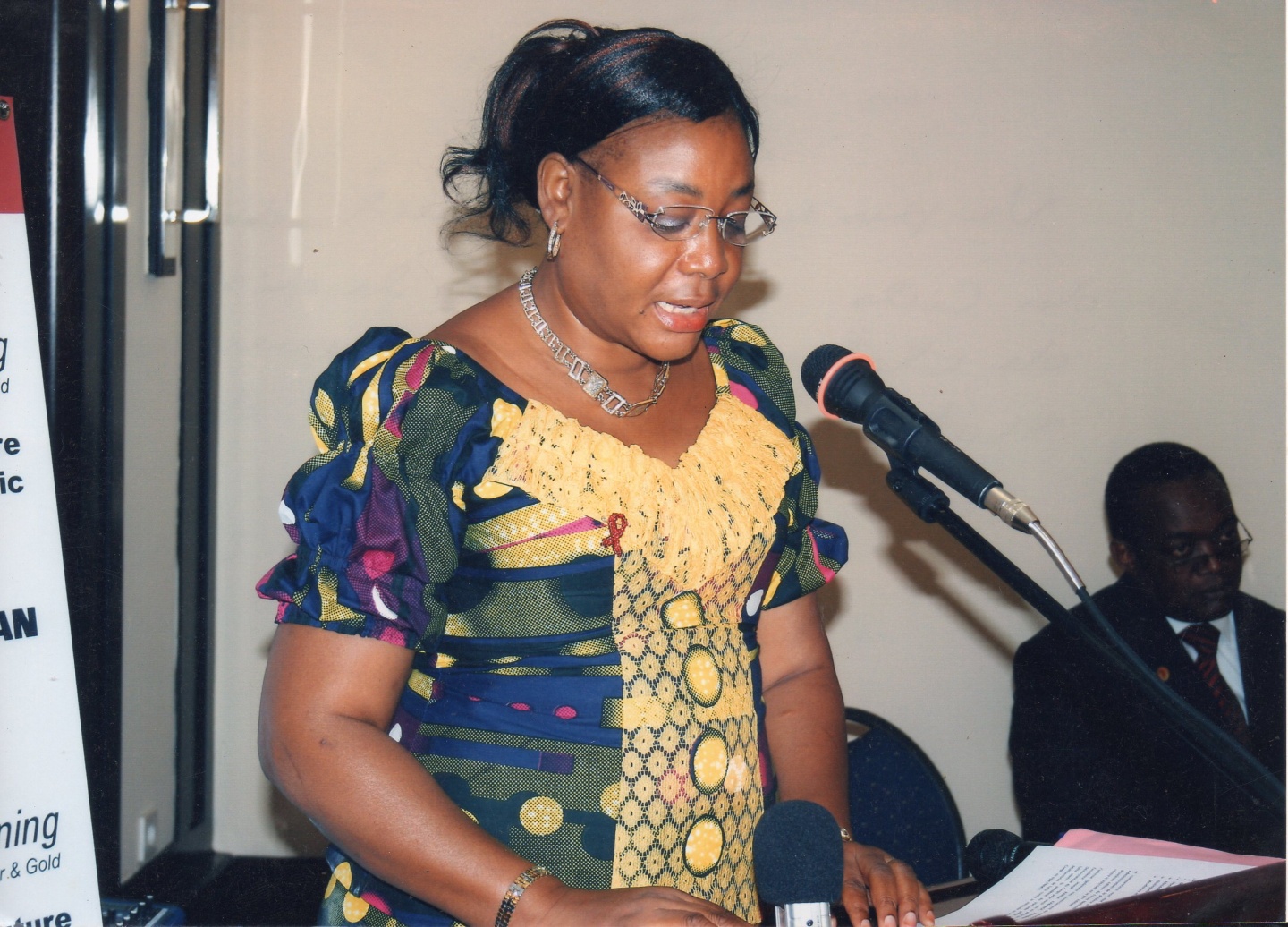21 May, 2014The Democratic Republic of Congo (DRC) is torn apart by conflict fuelled by powerful foreign interests in its great mineral wealth. Josée Shimbi Umba is First Deputy General Secretary responsible for women’s issues at the Council of Metalworkers Unions of the DRC (CSC), fighting for the rights of women in an environment of extreme exploitation and abuse.
Profile
Text: Aisha Bahadur
In 1994, Josée was dismissed from her job as a nurse when requesting extended maternity leave during a difficult pregnancy. After four years at home she approached the union to challenge her unfair dismissal and was reinstated.
I realised that without the union you have no one to fight for you
- Josée
She has continued to spread this simple message to other workers after being elected as a union representative in 1999. In 2003 she was put in charge of women’s issues at CSC on a full-time basis.
I would go around from company to company in all the sectors we cover, share my story and encourage women to join the union.
At every company with trade union membership the CSC organize elections for a women’s committee. The women’s committee’s main purpose is to highlight and combat the problems faced by women in the work place.
There are few formal sector jobs in the DRC, where surprisingly women outnumber men in terms of those with jobs. But these jobs commonly come at a price and it is an established practice that male bosses give jobs to women in exchange for sex. Once in employment sex is again used for job security and to advance, "we call this ‘sofa promotions’ here”, shares Josée. Sexual harassment in the workplace is rife and can occur before and during employment.
Josée says the situation for women in the informal sector is worse;
Without the benefits of health insurance, retirement funds and family allowances, women in the informal economy face many hardships with no social protection.”
They are also frequently harassed to pay ‘taxes’ by various corrupt state agents or have their goods confiscated.
Added to that is a level of violence towards women that is so extreme in conflict areas that the union promotes that women wear female condoms when going about their work. Rape is an everyday reality and so insurmountable to prevent at a systemic level that the best that can be offered is to ensure that there is protection in place.
Josée explains,
when a woman is taken forcefully at least she may be spared sexually transmitted diseases.
These conflict areas are situated around mineral extraction, where small scale mining can be found. They are characterized by overcrowding as people seek out meagre opportunities to earn what they can from the demand for minerals which eventually find their way to multinational companies and the global market. Women come to sell things to the miners like food. What can be taken from them forcefully is sometimes sold willingly.
Women engage in prostitution in these areas as a way to survive or supplement what they earn from the goods that they are able to sell,
- Josée
Josée speaks of a project that the CSC has had for the last two years reaching out to women in conflict areas. But she acknowledges that little can be achieved without the political will on the part of government to address the underlying issues.
"It can be challenging, stressful and frustrating but it is a passionate job for me knowing I am helping other women,... Slowly we are getting there, women are getting to know their rights, participating more in the union and I am proud to be part of positive change.”
- Josée
But the severity of the situation created by conflict is a huge obstacle to meaningful progress.
These minerals are not going anywhere. Multinationals could invest properly, create jobs and stability,
rationalises Josée,
What we need is peace, when there is no peace, nothing can be achieved. This is my dream for the DRC, that we may know peace.
